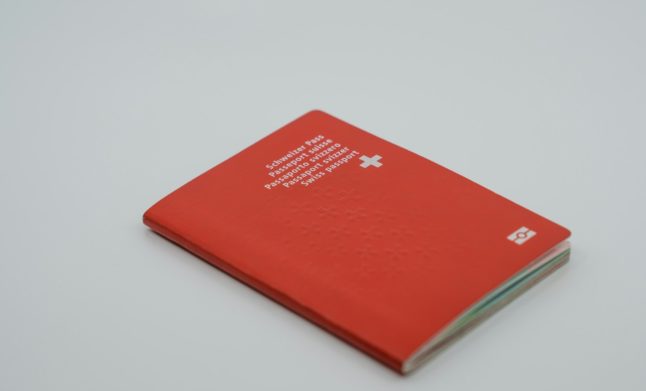The 50-year-old Frenchman applied for Swiss citizenship because, as he explained to his local newspaper, Le Quotidien Jurassien, he felt “anchored” in his local community and would like to be able to participate in Switzerland’s political process and direct democracy.
However, the ‘naturalisation committee’ (read about it below) was swayed less by the candidate’s sense of civic duty than by his ‘uncivil’ behaviour.
Cutting grass
Clos du Doubs, where the man lives, is a small community of about 1,300 people, so it doesn’t have an actual ‘naturalisation committee’ like larger municipalities do.
Instead, this decision lay with the community assembly.
As Le Quotidien Jurassien reported, during the deliberations in March, “while eleven people gave their consent and six abstained, thirteen members absolutely did not want” the Frenchman to obtain Swiss citizenship.
One of the reasons evoked was the man’s decidedly ‘unSwiss’ behaviour: he routinely disturbed public peace by mowing his lawn and doing yardwork on public holidays.
Other members of the assembly also complained that he had been renovating his house for many years, with debris littering the property, “which clearly showed that he is not integrated.”
Another sign of lack of integration: the Frenchman was reportedly “rarely seen” out and about in the village and did not participate in community events.
The mayor of Clos du Doubs, Jean-Paul Lachat, said the community had never before “been confronted with a situation like this.”
If the unlucky candidate decides to give the naturalisation attempt another try, he would have to move to another community, where he would have to be more seen, but less heard.
READ ALSO: Why your commune plays such an important role in your bid to become Swiss?



 Please whitelist us to continue reading.
Please whitelist us to continue reading.
Member comments